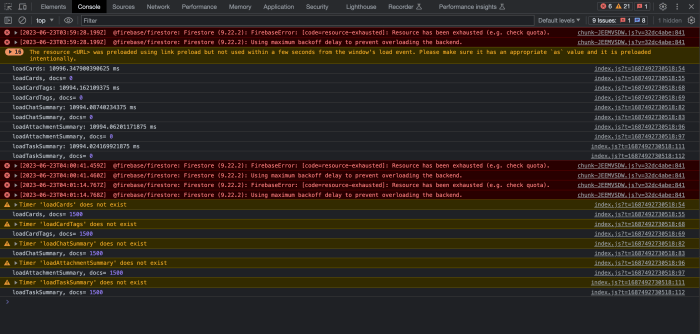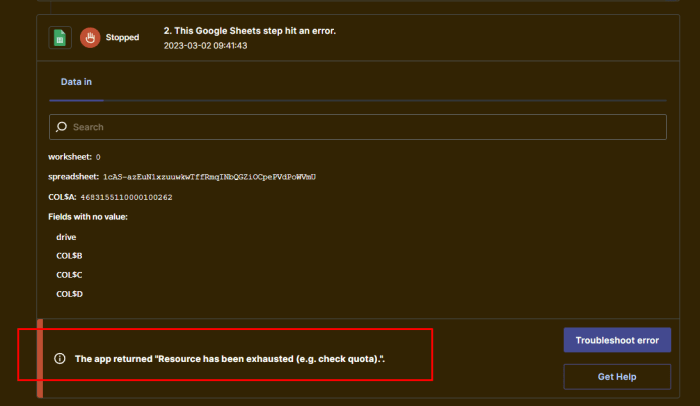ERP vs. CRM: A Comprehensive Guide to Unraveling the Key Differences – Welcome to the comprehensive guide that will untangle the complexities of ERP and CRM systems, providing you with a clear understanding of their distinct roles in optimizing business operations. Dive into the world of enterprise resource planning and customer relationship management, as we explore their core functions, benefits, and the key differences that set them apart.
ERP and CRM systems are the backbone of modern businesses, empowering organizations to streamline processes, enhance customer experiences, and gain a competitive edge. This guide will equip you with the knowledge to make informed decisions about implementing these powerful tools, ultimately driving growth and success for your enterprise.
Definition and Overview
Enterprise Resource Planning (ERP) and Customer Relationship Management (CRM) are two critical software systems that play a vital role in managing business operations and customer interactions.
ERP systems provide a comprehensive view of an organization’s core business processes, such as finance, supply chain management, manufacturing, and human resources. They integrate data from multiple departments and systems, creating a single source of truth for the organization. CRM systems, on the other hand, focus on managing customer relationships and interactions.
They track customer data, interactions, and preferences, helping businesses understand their customers better and build stronger relationships.
For those seeking a deeper dive into ERP, “ERP for Construction: The Ultimate Guide to Streamlining Your Operations” provides comprehensive insights into its application within the construction industry. Returning to the broader topic of ERP vs. CRM, this guide unravels the key differences between these crucial business systems, empowering you with a clear understanding of their distinct roles in optimizing operations.
Core Functions of ERP Systems
- Financial management: Manage financial transactions, track cash flow, and create financial reports.
- Supply chain management: Plan and manage the flow of goods and materials, including inventory, purchasing, and logistics.
- Manufacturing: Manage production processes, including scheduling, resource allocation, and quality control.
- Human resources: Manage employee data, payroll, benefits, and performance.
Core Functions of CRM Systems
- Customer data management: Track customer information, including contact details, demographics, and purchase history.
- Sales management: Manage sales processes, including lead generation, opportunity tracking, and forecasting.
- Marketing management: Plan and execute marketing campaigns, track customer interactions, and measure campaign effectiveness.
- Customer service management: Manage customer inquiries, resolve issues, and provide support.
Purpose and Objectives: ERP Vs. CRM: A Comprehensive Guide To Unraveling The Key Differences

ERP and CRM systems serve distinct purposes and target specific business objectives within an organization. ERP systems primarily focus on streamlining and integrating various business processes across departments, while CRM systems prioritize managing customer interactions and relationships.
ERP systems aim to enhance operational efficiency by providing a centralized platform for managing core business functions such as finance, supply chain management, human resources, and manufacturing. By integrating these processes, ERP systems eliminate data silos, improve collaboration, and provide real-time visibility into key business metrics.
Understanding the fundamental differences between ERP and CRM is crucial before embarking on an ERP implementation journey. Once you grasp these distinctions, you can dive into the intricacies of ERP implementation by referring to our comprehensive guide, How to ERP: A Comprehensive Guide to Successful Implementation.
This resource provides valuable insights and practical steps to ensure a seamless and successful ERP implementation, ultimately enabling you to reap the full benefits of an integrated business system.
Business Objectives of ERP Systems
- Streamline business processes and reduce operational costs
- Improve data accuracy and consistency across departments
- Enhance collaboration and communication among teams
- Gain real-time insights into business performance
- Increase productivity and efficiency
On the other hand, CRM systems focus on managing customer interactions and relationships. They provide a comprehensive view of customer data, including purchase history, preferences, and communication history. CRM systems help businesses understand customer needs, personalize marketing campaigns, and improve customer service.
Business Objectives of CRM Systems
- Acquire and retain customers
- Increase customer satisfaction and loyalty
- Personalize marketing and sales efforts
- Improve customer service and support
- Gain insights into customer behavior and preferences
Data Management and Integration

ERP and CRM systems differ in their data management capabilities. ERP systems centralize data from various business functions, creating a single, comprehensive data repository. This enables seamless data flow and eliminates data redundancy and inconsistencies. On the other hand, CRM systems primarily focus on managing customer-related data, providing a detailed view of customer interactions and preferences.
ERP and CRM systems both play crucial roles in business operations, but they differ in their specific functions. ERP systems, like the one discussed in ERP: Unlocking the Power of Integrated Business Management , provide a comprehensive view of all aspects of a business, integrating data from various departments.
On the other hand, CRM systems focus primarily on managing customer relationships and interactions.
Data Integration and Exchange
Data integration is crucial for organizations to gain a holistic view of their operations and customers. ERP systems excel in integrating data from disparate sources, such as finance, supply chain, and manufacturing. This allows for real-time data exchange and synchronization, ensuring that all departments work with the most up-to-date information.
CRM systems, while primarily focused on customer data, can also integrate with ERP systems to enhance customer-centric processes, such as order management and customer service.
Business Processes and Automation

ERP and CRM systems support a wide range of business processes, including sales, marketing, customer service, supply chain management, and finance. ERP systems focus on automating and integrating back-office operations, such as order processing, inventory management, and financial accounting. CRM systems, on the other hand, focus on automating and managing customer-facing processes, such as lead generation, sales pipeline management, and customer support.Both ERP and CRM systems can significantly streamline workflows and improve efficiency by automating repetitive tasks, eliminating manual data entry, and providing real-time visibility into business processes.
For example, ERP systems can automate purchase order processing, reducing the time it takes to create and approve purchase orders. CRM systems can automate lead scoring and lead qualification, helping sales teams prioritize their efforts and focus on the most promising leads.
ERP Automation
ERP systems automate a wide range of back-office processes, including:
- Order processing
- Inventory management
- Financial accounting
- Supply chain management
- Human resources management
By automating these processes, ERP systems can help businesses improve efficiency, reduce costs, and gain greater visibility into their operations.
CRM Automation, ERP vs. CRM: A Comprehensive Guide to Unraveling the Key Differences
CRM systems automate a wide range of customer-facing processes, including:
- Lead generation
- Sales pipeline management
- Customer support
- Marketing automation
By automating these processes, CRM systems can help businesses improve customer satisfaction, increase sales, and improve marketing effectiveness.
Final Thoughts
In conclusion, ERP and CRM systems are indispensable tools for businesses seeking to excel in today’s dynamic marketplace. While ERP focuses on integrating and optimizing internal operations, CRM empowers organizations to build strong customer relationships. Understanding the key differences between these systems is crucial for making informed decisions and unlocking their full potential.
Embrace the power of ERP and CRM, and embark on a journey towards operational excellence and customer-centric growth.
FAQ Overview
What are the primary differences between ERP and CRM systems?
ERP systems focus on managing internal operations, integrating various business functions like finance, supply chain, and human resources. CRM systems, on the other hand, prioritize managing customer interactions, including sales, marketing, and support.
How can ERP systems benefit businesses?
ERP systems streamline business processes, improve data accuracy, enhance collaboration, and provide real-time insights into operations. They help organizations gain a holistic view of their enterprise, enabling better decision-making and increased efficiency.
What are the advantages of implementing a CRM system?
CRM systems empower businesses to build stronger customer relationships by centralizing customer data, tracking interactions, and automating marketing and sales processes. They enhance customer satisfaction, increase sales conversion rates, and improve overall customer experience.





